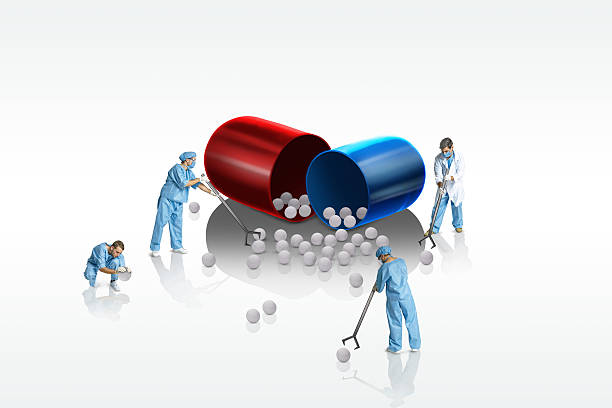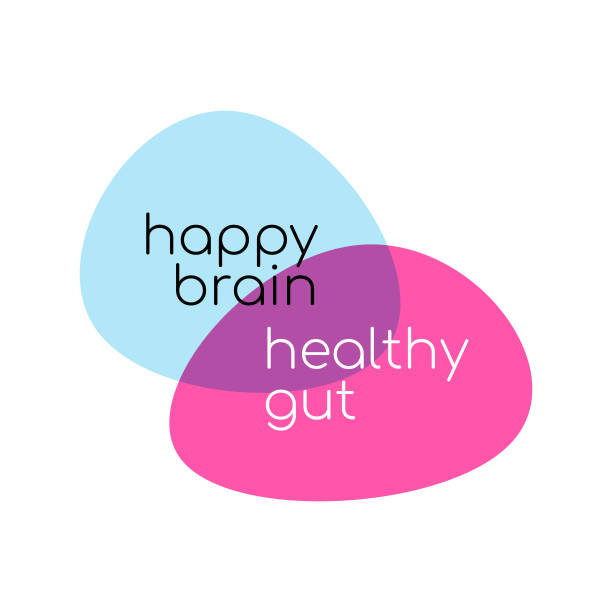The placebo effect is a remarkable demonstration of the mind’s ability to influence the body. It reveals how belief and expectation can lead to real physical and psychological changes, even when no active medical treatment is administered. Understanding the power of the placebo effect not only sheds light on the intricate relationship between mind and body but also offers valuable insights for enhancing health and well-being.
Understanding the Placebo Effect
This occurs when a person experiences a real improvement in their condition after receiving a treatment that has no therapeutic effect. This phenomenon highlights the power of the mind in healing and underscores the importance of psychological factors in medical treatment. Placebos are often used in clinical trials to test the efficacy of new treatments by comparing the outcomes of patients receiving the actual treatment with those receiving a placebo.
RELATED: The Gut-Brain Connection: How Your Digestion Affects Your Mood
History of the Placebo Effect
The history dates back centuries, with early references found in ancient medical practices. In the 18th century, the term “placebo” was first used in a medical context, derived from the Latin word meaning “I shall please.” Throughout history, placebos have been used as control measures in scientific research and as treatments when no effective options were available.
How the Placebo Effect Works
This effect is driven by the brain’s response to the belief that a treatment will work. When a person expects a positive outcome, the brain releases chemicals such as endorphins and dopamine, which can alleviate symptoms and promote healing. This psychological response can lead to measurable changes in the body, demonstrating the mind’s powerful influence on physical health.
Neurobiology of the Placebo Effect
Research into the neurobiology of the placebo effect has identified specific brain regions and pathways involved in this phenomenon. Functional MRI studies have shown that the brain’s pain and reward centers are activated during placebo responses. The release of neurotransmitters like dopamine and the engagement of the endogenous opioid system play crucial roles in mediating.
Placebo Effect in Medicine
This effect is a significant consideration in medical practice and research. It can impact the perceived efficacy of treatments and complicate the interpretation of clinical trial results. Understanding the placebo effect allows healthcare providers to harness its benefits, using it to enhance patient outcomes through positive communication and supportive care.
Placebo Effect in Pain Management
Pain management is one of the areas where the placebo effect is most evident. Studies have shown that placebos can lead to substantial pain relief, with patients reporting reduced pain levels even when receiving inactive treatments. This highlights the importance of psychological factors in pain perception and the potential for non-pharmacological interventions in pain management.
Impact on Mental Health
This effect also plays a crucial role in mental health treatment. Placebo responses have been observed in conditions such as depression, anxiety, and insomnia. Patients who believe they are receiving effective treatment often experience significant improvements, underscoring the importance of expectation and belief in therapeutic outcomes.
Placebo Effect in Clinical Trials
In clinical trials, these are used as control treatments to determine the efficacy of new interventions. By comparing the outcomes of patients receiving the active treatment with those receiving a placebo, researchers can isolate the true effect of the treatment. This helps ensure that new therapies are genuinely effective and not simply the result of placebo responses.
Ethical Considerations
The use of placebos raises several ethical considerations, particularly regarding informed consent and patient deception. In clinical practice, it is essential to balance the potential benefits of placebo use with the ethical obligation to provide patients with honest information about their treatment. In research, transparency and adherence to ethical guidelines are crucial to ensure patient welfare.
Placebo and Nocebo Effects
While this effect is associated with positive outcomes, the nocebo effect refers to negative symptoms resulting from negative expectations. Just as belief in a treatment’s efficacy can lead to improvement, belief in potential harm can cause adverse effects. Understanding both phenomena is essential for optimizing patient care and minimizing harm.
Cultural and Psychological Factors
Cultural and psychological factors significantly influence the placebo effect. Beliefs about health, medicine, and healing vary across cultures, affecting how individuals respond to placebos. Additionally, personal psychology, including factors like optimism, trust, and previous experiences, can modulate placebo responses.
Placebo in Alternative Medicine
This effect is often cited as a key factor in the efficacy of alternative medicine practices. Treatments such as acupuncture, homeopathy, and herbal remedies frequently rely on the power of belief and expectation to achieve positive outcomes. Recognizing the role of the placebo effect in these practices can help integrate beneficial elements into conventional medicine.
Mindfulness and the Placebo Effect
Mindfulness practices, which emphasize present-moment awareness and acceptance, can enhance the placebo effect by fostering positive expectations and reducing stress. Techniques such as meditation and guided imagery can increase the effectiveness of placebos by promoting a receptive mental state conducive to healing.
The Role of Expectation
Expectation is a critical component of the placebo effect. Patients who expect a treatment to work are more likely to experience positive outcomes. This highlights the importance of doctor-patient communication and the need to foster positive expectations through supportive interactions and education.
Self-Healing and the Placebo Effect
This effect underscores the body’s innate ability to heal itself. By harnessing the power of belief and expectation, individuals can activate self-healing mechanisms. Techniques that promote positive thinking, such as visualization and affirmations, can enhance this natural capacity for healing.
Placebo Effect in Everyday Life
This effect extends beyond medical treatments and can influence everyday experiences. Believing in the efficacy of lifestyle changes, such as diet, exercise, or stress management techniques, can enhance their impact. Understanding the placebo effect empowers individuals to leverage their beliefs for improved well-being.
Training the Brain for Positive Outcomes
Training the brain to cultivate positive expectations can amplify the placebo effect. Practices such as cognitive-behavioral therapy (CBT), mindfulness, and positive psychology interventions can help individuals develop a mindset conducive to healing and well-being. This mental training can lead to better health outcomes and an improved quality of life.
Future Research Directions
Future research on this effect aims to deepen our understanding of its mechanisms and applications. Investigating how different factors, such as genetics, environment, and individual psychology, influence placebo responses can lead to more personalized and effective treatments. Continued exploration of this holds promise for advancing both medical science and holistic health practices.
FAQs
What is the placebo effect?
This effect occurs when a person experiences real improvements in their condition after receiving a treatment with no therapeutic value, driven by their belief and expectation.
How does this work?
This effect works by activating the brain’s pain and reward centers, releasing neurotransmitters like endorphins and dopamine, which can alleviate symptoms and promote healing.
Can this effect impact mental health?
Yes, this effect can significantly impact mental health conditions such as depression and anxiety, with patients often experiencing improvement due to positive expectations.
What is the difference between the placebo and nocebo effects?
This effect involves positive outcomes from positive expectations, while the nocebo effect involves negative symptoms from negative expectations.
Conclusion
It demonstrates the profound connection between mind and body. By understanding and harnessing this phenomenon, we can enhance our health and well-being through the power of belief and expectation. As research continues to uncover the mechanisms behind it. Its applications in medicine and daily life will undoubtedly expand, offering new pathways to healing and personal growth.


